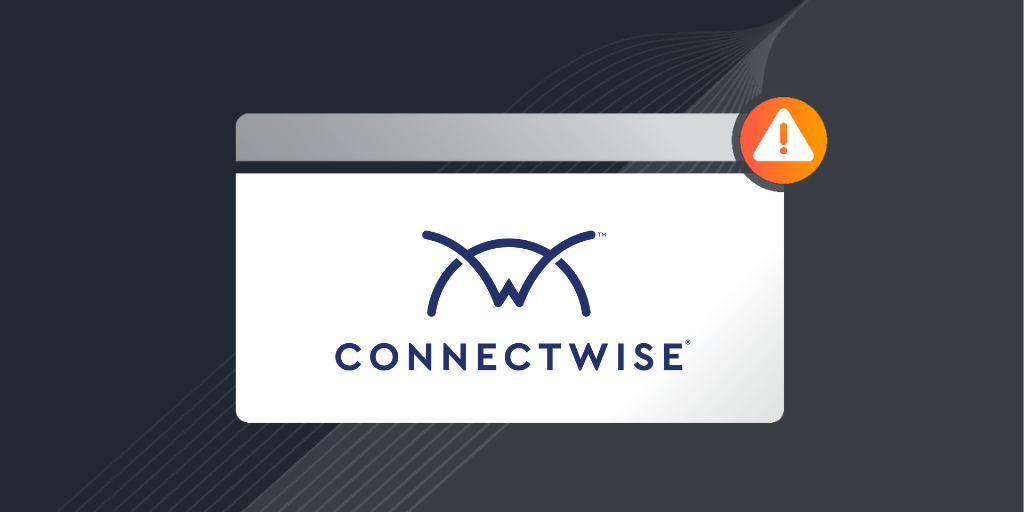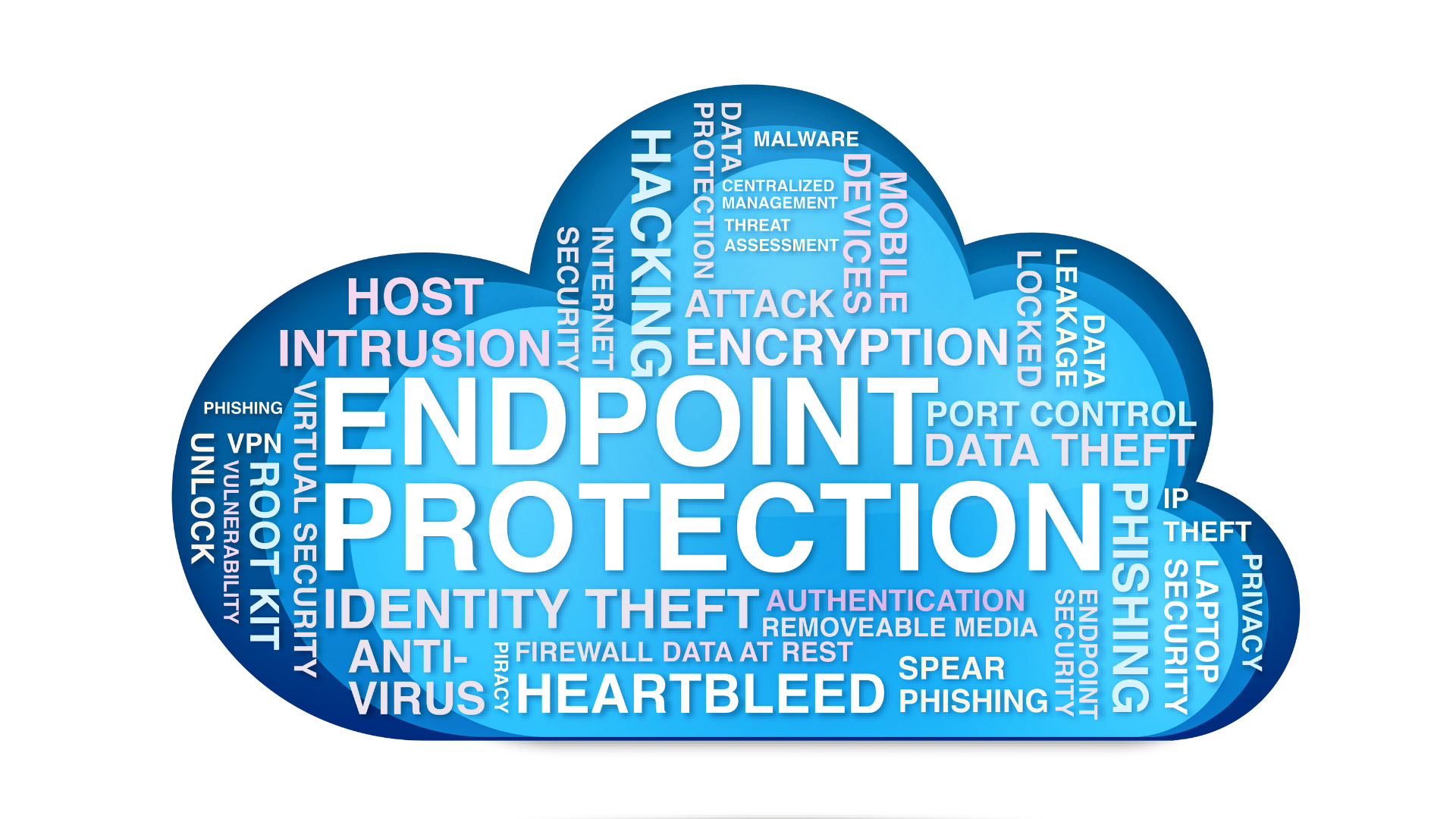There are a lot of good reasons to switch to a managed service provider. Most people, and businesses, know about the benefits of having a managed service provider for IT services instead of using an in-house IT team, but did you also know that managed service providers can help improve your cybersecurity?
It does depend a little on the managed service provider you choose, of course. Not every MSP will offer the same services, and cybersecurity can be a complicated service that not every MSP wants to offer.
But, when it comes to improving day-to-day security, information protection, and avoiding system downtime, having a good managed service provider can work wonders.
Here’s what you need to know about managed service provider, the kinds of services you can get, and why it’s a good idea to use an MSP for your cybersecurity needs.
What Is A Managed Service Provider?
On the most basic level a managed service provider is a third-party company that manages a specific set of services for companies, and, sometimes, individuals. They have a service level agreement for the specific services they provide, from IT infrastructure maintenance to help desk services.
One of the big advantages of using an MSP is outsourcing IT support, getting remote monitoring for your infrastructure, and improving system scalability if you expect your IT needs to grow over time.
There are a lot of good reasons to plan on outsourcing IT services in your business model, so let’s dig in and talk more about the specific services an MSP can offer, and then specifically why using an MSP is good for your cybersecurity.
What Kinds Of Services Do Managed Service Providers Offer?
MSPs started in the 1990s offering remote application hosting, and then later providing remote support for IT infrastructure. But, as more and more companies started outsourcing their IT needs to MSPs, more and more companies started branching out and offering different levels of services to differentiate themselves from their competition.
These days, as cloud services are more common and IT infrastructure is getting more complicated and critical for the day to day function of businesses, MSPs offer a wider range of services than ever.
That’s good news for businesses and individuals who want to use managed service providers because it means that there are more benefits of managed service providers than there used to be, more competitive pricing, and it’s easier to find the exact suite of services you need.
Here are some of the common services MSPs provide today:
- Handle IT infrastructure, updates, maintenance, and improvements
- Technical support and help desk
- Cybersecurity monitoring and software
- Manage user access and accounts access
- Compliance and risk management
- Payroll services
- Contract management
- and more
But one of the biggest advantages that you get when you work with an MSP is top of the line IT professionals who focus on implementing IT systems that improve end-user experience, and work to stay up to date on the latest improvements in cloud computing, cybersecurity, and reducing the risk of serious cyber attacks.
How A Managed Service Provider Can Improve Your Cybersecurity
Modern cybersecurity is complicated, and there are always new ways hackers and cybercriminals are finding to get into IT systems.
Medium-size businesses and small businesses are particularly common targets because cybercriminals assume they have the capital to buy their way out of an attack if their systems are taken hostage, but are unlikely to have the expertise to keep their systems safe.
Worse, there is always new technology and new techniques being discovered to help breach online security systems.
Staying up to date with the changes in cybersecurity is time-consuming, difficult, and can often take a team of professionals with different kinds of expertise.
That’s a lot to ask from small and medium businesses, especially if you use cloud computing services, or if your business needs to meet higher security requirements because of the type of data you work with.
For example, healthcare companies have a responsibility to provide a high level of security and better firewalls to protect personal patient information because of HIPAA regulations.
Outsourcing these kinds of high demand concerns can be a lot more affordable than having a full-time IT department handle it internally, and can often actually improve your cybersecurity and threat response times.
Key Benefits Of Having A Managed Service Provider For Large And Small Businesses
There are a lot of potential benefits to switching to an MSP for your IT support services, no matter what level of IT support you need or what size business you run.
Here are some of the key benefits of having a managed IT services provider, especially when it comes to your cybersecurity needs.
Stay On Top Of The Latest Technology Advancements
One of the biggest things you need to maintain business continuity is to stay on top of technology advancements, software updates, and the latest in cyber security.
Having your own IT team can help with that, but most in-house IT teams end up spending more time working on business infrastructure, and less time researching the latest updates.
MSPs are able to keep their staff up to date with the latest advancements in technology, of all types, because that’s one of their core business responsibilities.
Since it’s their job to stay on top of these advancements, they can pass on that expertise to your business. Plus, MSPs are able to better evaluate your business needs and help adapt your existing infrastructure for the advancements that will most benefit your business.
Maintain A Top Of The Line Security Service
One of the big challenges with cybersecurity is that the security risks and challenges are always changing, and every software update comes with some risk of new vulnerabilities in your system.
Staying on top of the latest security threats while simultaneously keeping your IT infrastructure working the way it should can be difficult, and is yet another full time job for in house professionals.
Having an MSP optimize and monitor your system in real time can help keep malware risk to a minimum, and to eliminate malware that does get through before it can cause a problem or access critical systems.
Improved Efficiency And Up Time
Network monitoring can help make sure your system stays up and running longer, while having an MSP automate and run updates when you aren’t using those systems.
They can also help improve efficiency by recommending specific software that better suits your needs, or setting up internal networks to keep your systems communicating faster.
Even if you aren’t looking for software improvements or recommendations, having an MSP take care of your system can help reduce slowdowns and keep it running the way it’s supposed to longer.
Easier Automation Opportunities
One of the best ways to improve efficiency and increase profits, no matter what size business you’re running, is to increase automation.
The more you’re able to automate the less time you have to spend manually generating information or looking for answers in your system.
MSPs can help automate reporting processes and many other systems your business relies on. Chances are that you’ll be surprised by how many things can be effectively automated, at least partially, and how it can improve your business efficiency.
Disaster Recovery Services
Not every MSP will offer disaster recovery services, but this can be an important part of keeping your business afloat no matter what happens.
Having secure data backups, recovery services that can access your system after a crisis can give you a lot of added security when you’re dealing with a natural disaster.
There are a lot of different ways to protect your business before a disaster, having an MSP help with your IT management and security is a big part of that.
Cut IT Staff Costs
A lot of businesses and individuals worry about spending too much on IT services when they hire an MSP. The thing is, having a MSP is often more affordable as well as more effective than having an internal IT department.
This is because you only get the services you need as you need them. You only pay for the time you need spent on your IT systems.
A good MSP will help recommend exactly the kind of services you need, the amount of time you need every month, and the amount of preventive maintenance that will help keep your business working at peak efficiency.
Better Protection From Cyber Attacks
Cyber attacks are often creative, difficult to come back from, and can cause extensive problems, including potential liability for lost or stolen information.
Having real time monitoring to help prevent attacks, to detect them when they happen, and to close off access so that your critical business information is protected, you’ll be in good shape.
Avoid The Break/Fix Model
One of the top reasons to work with an MSP is to avoid the break/fix model of IT services.
Break/fix is when you only pay for IT services when something is already broken, paying a professional to come in and fix whatever has gone wrong.
The problem with this model is that it increases downtime, can be more expensive than preventive maintenance, and that there’s no incentive for the IT professionals who fix your problems to prevent those problems from happening in the first place.
Having an MSP that’s paid regularly gives them an incentive to keep your systems up and running and make sure you’re satisfied with the services being provided. That means greater efficiency, more preventive maintenance, and more reason to research and recommend the best systems for your needs.
Are Managed Service Providers Only For Businesses?
Typically managed service providers work with businesses of all sizes to meet their technical needs and maintain their IT systems.
However, with the increase in personal technologies and devices, and increased use of home networks and complicated systems, there are some individuals who also hire MSPs, and some MSPs that offer in-home services.
That isn’t the norm, but if you’re looking for an MSP that can work with your home system, provide maintenance and schedule updates, as well as troubleshooting compatibility issues and recommending better equipment, there are some options out there.
That said, MSPs are generally better value for businesses, while individual users might be better off working with IT contractors on a as-needed basis simply because of the difference in scale of demand and how often those kinds of services are likely to be necessary.
Wrap Up
Managed Service Providers (MSPs) are a great way for businesses of all sizes to maintain cost-efficient IT teams with diverse skillsets. Regarding cybersecurity specifically, the expertise of MSPs ensure that their clients are always following best practices and using the most up-to-date technologies since they follow industry developments much more closely than most internal teams can. Furthermore, many MSPs form partnerships with the vendors they recommend which may provide them with exclusive discounts, rapid support, and early access to new features. When thinking about your cybersecurity stack and how you want to set it up, consider weighing the pros and cons of using a Managed Service Provider against using an internal team to determine which path is best for your organization.




